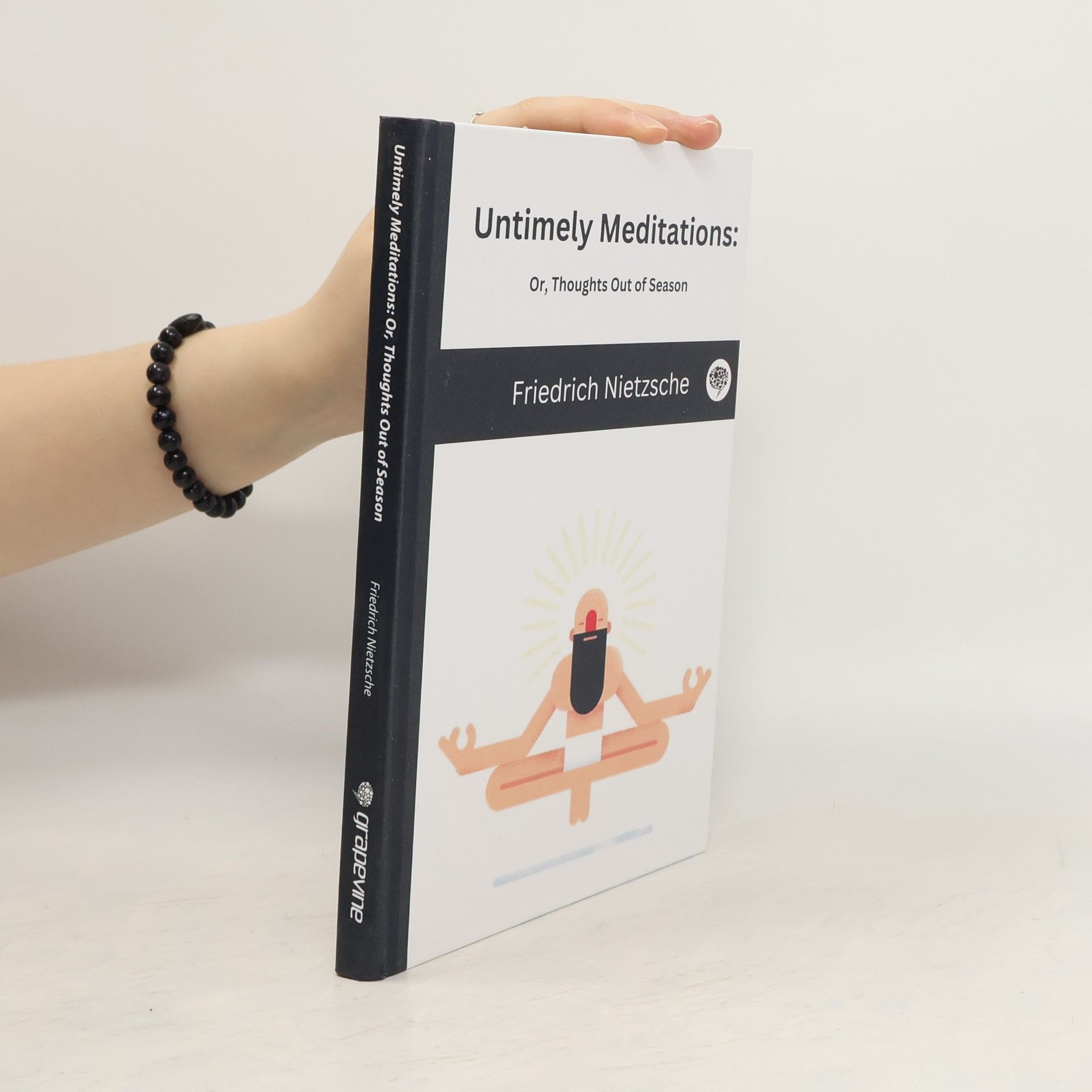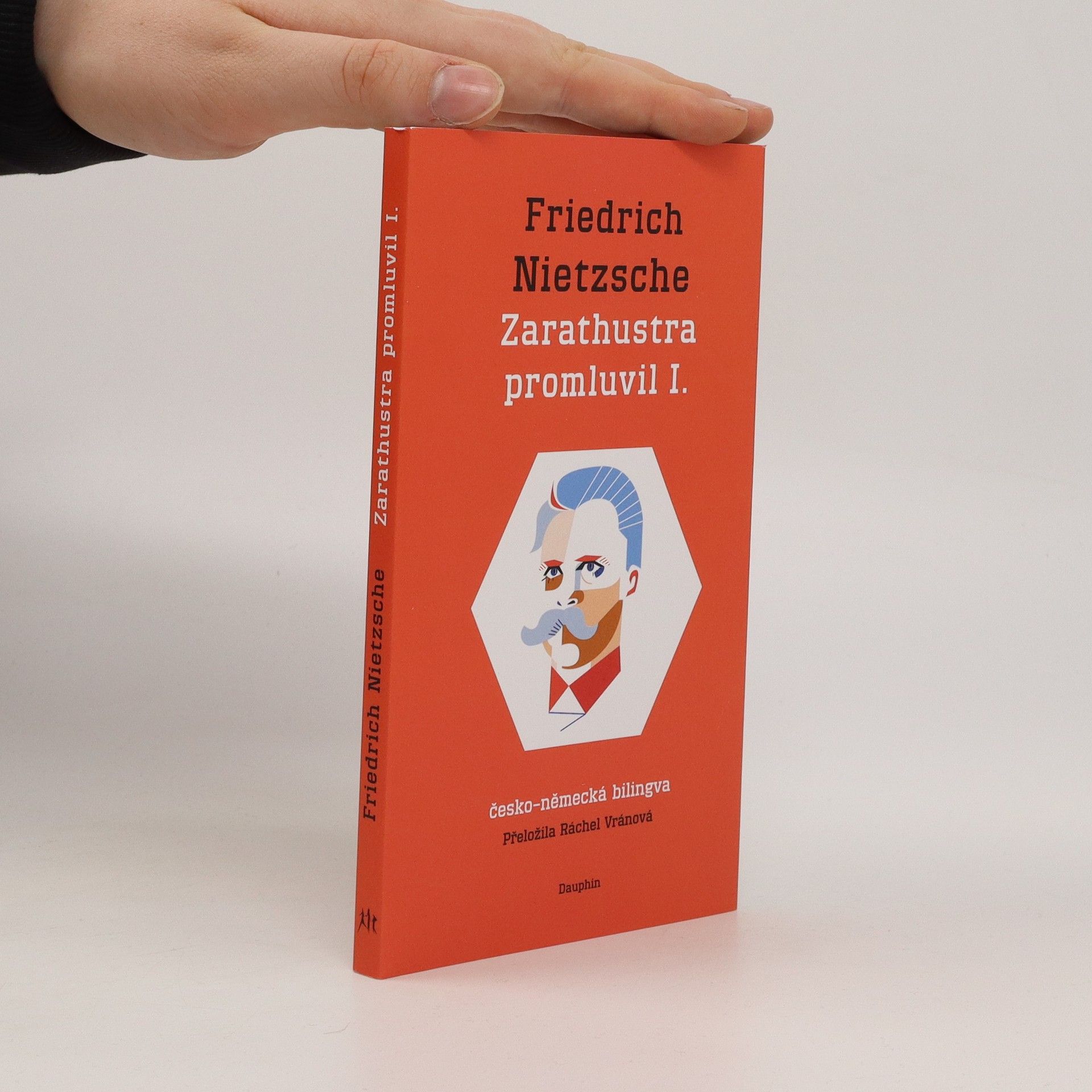Ecce homo. Wie man wird, was man ist
Diese berühmte autobiografische Schrift ist Friedrich Nietzsches letztes Werk
- 128 pages
- 5 hours of reading
»Warum ich so weise bin«, »Warum ich so klug bin«, »Warum ich so gute Bücher schreibe«: Schon früh hat Nietzsche begonnen, sein eigenes Leben und Denken zu reflektieren und mit autobiografischen Texten zu begleiten. Erst nach seinem Tod erschienen, aber noch vor der Umnachtung konzipiert und geschrieben wurde daraus sein letztes Werk und berühmte autobiografische Schrift »Ecce homo«, die in chronologischer Folge die eigenen Werke von der »Geburt der Tragödie« bis zur »Götzen-Dämmerung« kommentiert. »Ich bin kein Mensch. Ich bin Dynamit.« Friedrich Nietzsche »Ein Jahrtausend-Mann« Peter Sloterdijk Diese kurz vor seinem Zusammenbruch angestellten Selbstdeutungen sind Ausgangspunkt für biographische und philosophische Deutungen seines Werks




